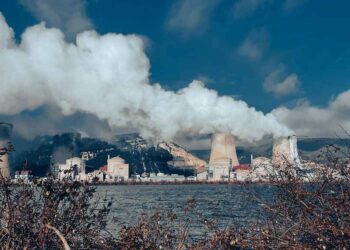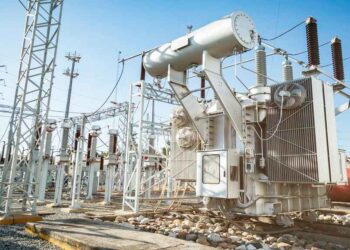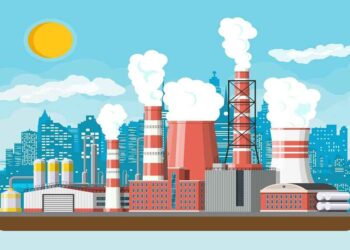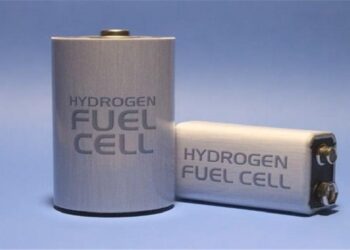Improvements in energy efficiency have resulted in a significant reduction in OECD energy consumption. This according to calculations from the International Energy Agency (IEA). The energy intensity in OECD countries decreased by 2.3% in 2014. In comparison, global energy intensity decreased by 1.1% during the same period.
The global reduction in energy intensity is, among others, a result of substantial energy efficiency initiatives within the building and transportation sectors. According to the IEA, global investments for energy efficiency in buildings in 2014 was around EUR 80.4 billion (DKK 600 billion).
“As demand for energy increases across the world, so does demand for energy-efficient solutions. Since the oil crises in the 70ies, Denmark has worked with energy efficiency measures, and we reap the benefits of this today because Denmark can export solutions within isolation, thermostats and other energy-efficient technologies to the rest of the world. But we must be aware that the low hanging-fruits have been picked in some countries, so when looking ahead innovation will take center stage,” says Jørgen Skovmose Madsen, Director of European Affairs at the Danish Energy Association.
According to the IEA, OECD countries have managed to decouple GDP growth from energy consumption during the past 15 years. This means that OECD countries today produce 26% more than they did in year 2000, without having raised their energy consumption. This not only benefits the climate and the consumers but is also particularly good for competitiveness.
“It demonstrates that there is no contradiction between sustainability and competitiveness. It makes good economic sense to focus on energy efficiency, and will be a significant competitive factor of tomorrow,” says Jørgen Skovmose Madsen.
Energy efficiency is one the main pillars in the European Commission’s gambit for an energy union. Subsequently, Miguel Arias Cañete, European Commissioner for Climate Action and Energy, uses his personal motto “Energy efficiency first” in responding to where we will get our energy from in the future. This point was repeated during the G-20 summit for energy ministers on October 1, 2015 upon encouraging more global cooperation and knowledge-sharing in order to progress a global energy efficiency plan. The European OECD-countries have in total reduced their energy intensity by 5.5%.
White Paper on Smart Buildings
In collaboration with the Danish Energy Association, the Danish Energy Industries Federation and the Danish Energy Agency, State of Green has recently published the new white paper ‘Smart Buildings:
Combining energy efficiency, flexibility and comfort’. The publication offers a selection of examples and opinions, each demonstrating opportunities and lessons learned from different stakeholders across he Danish smart buildings industry, supported by state-of-the-art case examples from across the world.






































